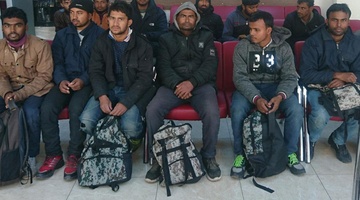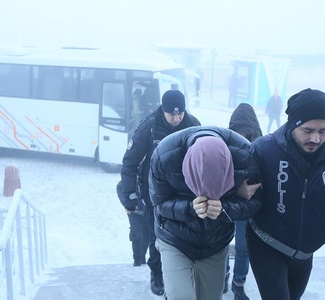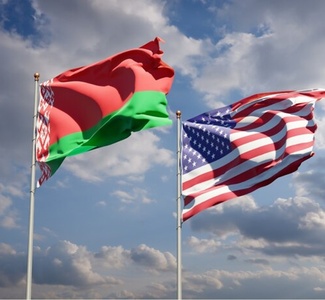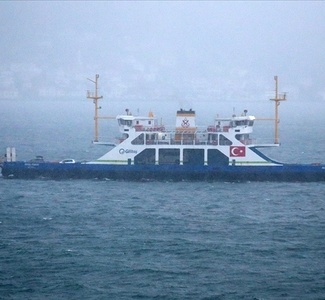WHO declines to designate China outbreak a global health emergency
At that time, the advice was that the event did not constitute a public health emergency of international concern, WHO Director-General Ghebreyesus said in a statement after the Committee meeting on Thursday.
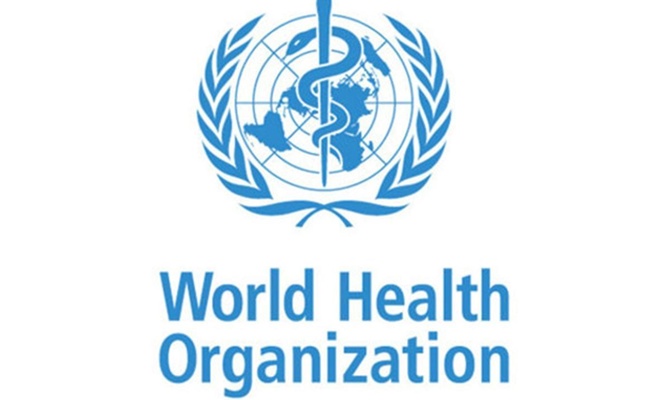
 Google News'te Doğruhaber'e abone olun.
Google News'te Doğruhaber'e abone olun. The statement stated that Chinese authorities presented new epidemiological information that revealed an increase in the number of cases, of suspected cases, of affected provinces, and the proportion of deaths in currently reported cases of 4% (17 of 557).
"They reported fourth-generation cases in Wuhan and second-generation cases outside Wuhan, as well as some clusters outside Hubei province. They explained that strong containment measures (closure of public-transportation systems in Wuhan City, as well as other nearby cities)," it said.
The EC was informed about the evolution in Japan, Republic of Korea, and Thailand, and that one new possible case had been identified in Singapore, according to the statement.
"Several members considered that it is still too early to declare a public health emergency of international concern (PHEIC), given its restrictive and binary nature," it added.
A Public Health Emergency of International Concern (PHEIC) is a formal declaration by the World Emergency Health Organization (WHO) of "an extraordinary event which is determined to constitute a public health risk to other States through the international spread of disease and to potentially require a coordinated international response", formulated when a situation arises that is "serious, sudden, unusual or unexpected", which "carries implications for public health beyond the affected State's national border" and "may require immediate international action".
Under the 2005 International Health Regulations (IHR), States have a legal duty to respond promptly to a PHEIC.
Declaring a PHEIC, gives the WHO director-general certain powers, including the ability to release recommendations for how countries should respond the outbreak.
The outbreak of a new respiratory virus in China has until now sickened hundreds and killed at least 17 people in China, and led to cases in countries including Thailand, Japan, South Korea, and, as of Tuesday, the United States. (ILKHA)





























